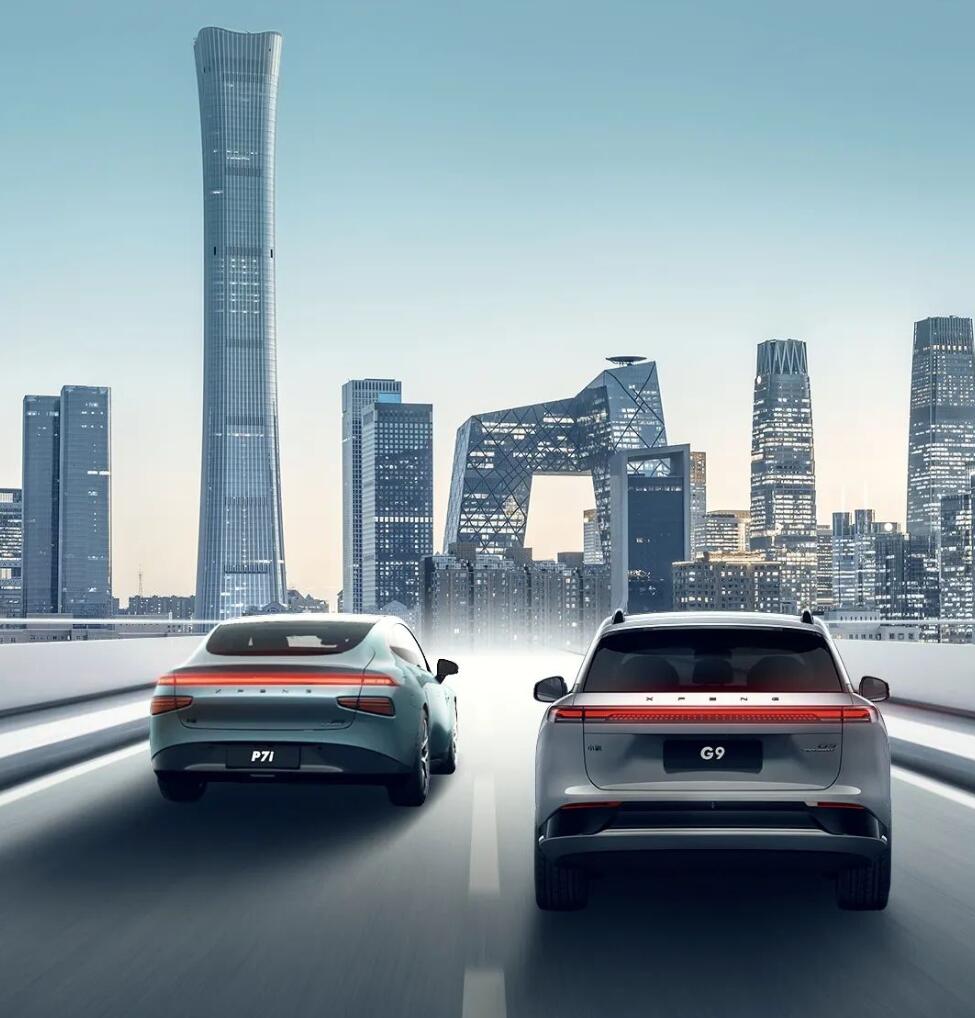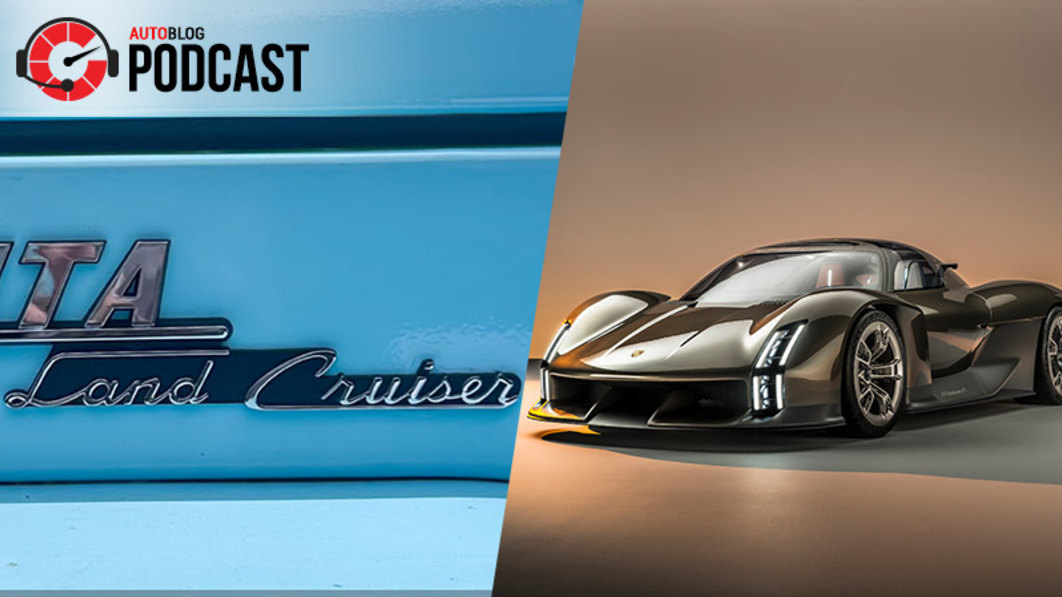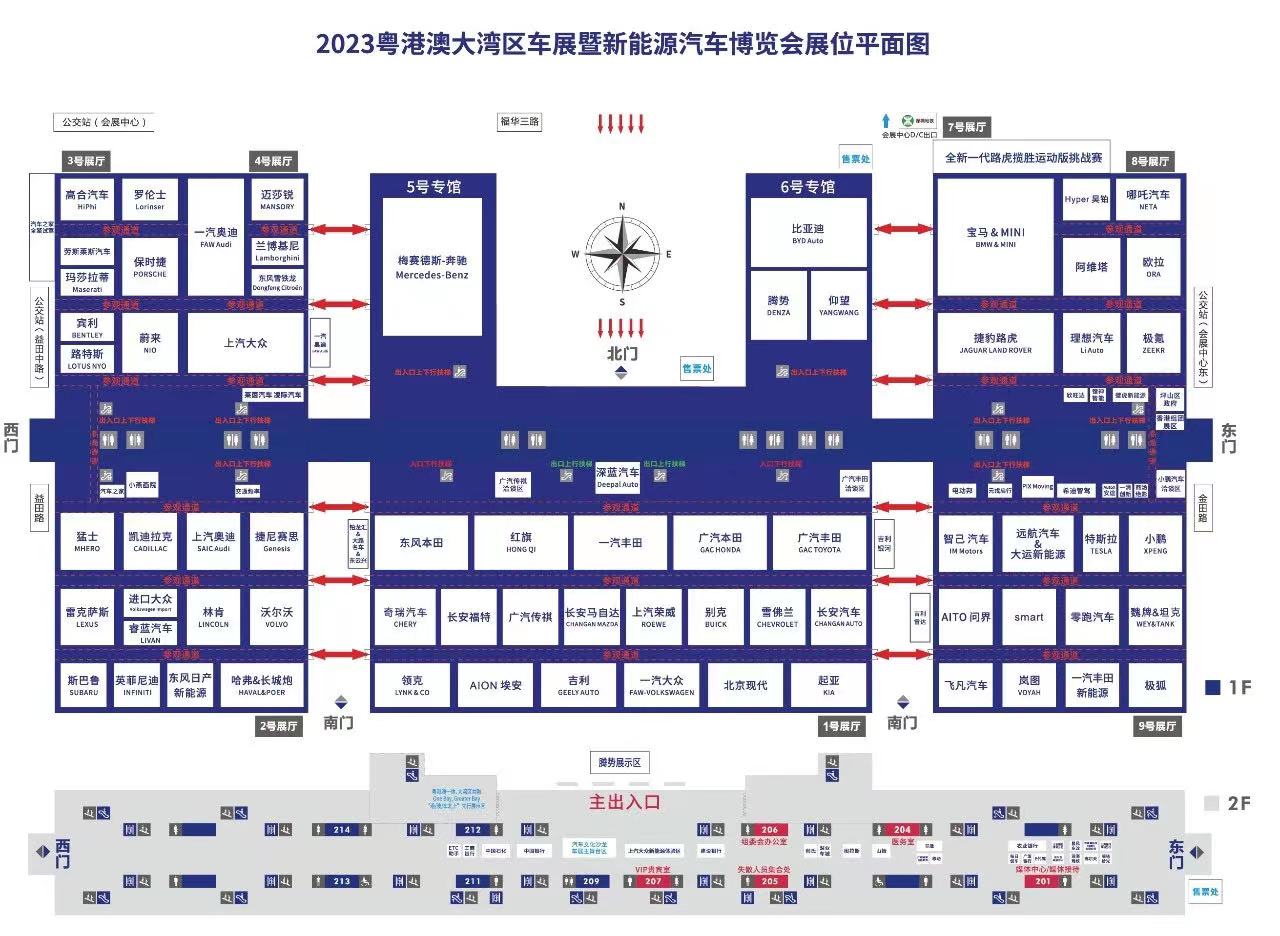City NGP feature is expected to cover dozens of additional cities within the year, XPeng said.

(Image credit: CnEVPost)
XPeng's (NYSE: XPEV) Advanced Driver Assistance System (ADAS) similar to Tesla's FSD (Full Self-Driving) is now available in Beijing, making the company the first to launch the feature in the Chinese capital city.
The XPeng feature, called City NGP (Navigation Guided Pilot), is open in Beijing for users participating in a public test and is currently available on Beijing's ring roads and major highways, according to a press release today.
In addition to public test users, the feature will soon be available for general users of the Max version of XPeng's flagship G9 and P7i with the Xmart OS 4.3.0 system update, it said.
XPeng P5's P-version models will also be able to use the City NGP feature in Beijing after upgrading to Xmart OS 3.5.0, according to the company.
City NGP is an ADAS feature similar to Tesla's FSD, which allows the vehicle to perform driving tasks when it is activated and navigation destinations are set.
This includes cruising at a safe distance from the vehicle ahead, changing lanes due to navigation or vehicle overtaking decisions, handling merging and lane splitting, and going around stationary vehicles or obstacles.
On September 17, 2022, the City NGP feature became available on a pilot basis in Guangzhou, where XPeng is headquartered. One month later, XPeng officially opened the feature to all eligible P5 cars in Guangzhou on October 21.
When XPeng launched its flagship SUV, the G9, on September 21, 2022, it said the model would feature a second-generation assisted driving system called XNGP.
XNGP is a full-scenario assisted driving system, and XPeng aims to have it provide driving assistance in all scenarios including highways, city roads, internal campus roads, and parking lots.
On October 24, 2022, XPeng said at its annual Tech Day event that XNGP for G9 Max will enable support for City NGP in Guangzhou, Shenzhen and Shanghai in the first half of 2023.
On March 31 of this year, XPeng announced that XNGP achieved the first phase of capability, covering the G9 Max and P7i Max versions, to gain City NGP capability in Shanghai, Shenzhen and Guangzhou, three cities with high precision map coverage.
Phase 2 of XNGP, which XPeng will launch in the second half of 2023, will see full lane-changing, overtaking and left/right turn capabilities extended to major Chinese cities without high-precision maps, while full-scenario ADAS is planned for 2024, the company said at the time.
When the full rollout of the XNGP system is completed in 2024, it will enable full-scenario ADAS from start to stop, the company said.
Based on XNGP's ability to iterate quickly, the improved capabilities of City NGP brought by the Xmart OS 4.3.0 upgrade will allow vehicles to handle tasks including lane changes, detours and following vehicles with greater ease, XPeng said today.

(Image credit: XPeng)
City NGP under the XNGP system has powerful AI learning capabilities that will allow driving skills to improve faster and also allow it to cover more cities at a faster pace, according to XPeng.
In addition to Beijing, Shanghai, Guangzhou and Shenzhen, the City NGP feature is expected to cover dozens of additional cities within the year, XPeng said.
The latest XNGP will also bring next-generation Highway NGP capabilities that perform closer to L4 assisted driving, with almost 0 takeover in highway scenarios, the company said.
City NGP has gained the equivalent of one year of driving experience for human drivers on average each quarter since its launch in October 2022, XPeng said.
In the second half of 2023, XPeng will gradually release ADAS features for Chinese cities or urban areas without HD map coverage, it said, adding that it also plans to offer customized NGP features for daily commutes across the country.
These initiatives will cater to a wider range of driving scenarios and provide users with a more intelligent driving experience in a variety of environments, XPeng said.
XPeng is seen as one of the strongest in China in terms of assisted driving capabilities, though its local counterparts are also making rapid progress on their own.
NIO's similar feature is called NOP (Navigate on Pilot), though it doesn't yet cover urban areas. The company began allowing owners of all its NT 2.0 platform vehicles to apply for a trial of an improved version of the system, NOP+ Beta, on February 20.
NOP+ Beta covers 95 percent of China's core highways and urban fast roads, and offers significant improvements in safety and comfort of experience in scenarios including following, lane changing and overtaking, and ramp passing, NIO said on April 10.
NOP+ will gradually switch and upgrade to BEV architecture in 2023, and the hardware capability and algorithm architecture will help NOP+ cover more road scenarios, the company said at the time.
In addition, starting in the second half of 2023, the feature will support pilot navigation to battery swap stations along highways and automatic replacement of fully charged batteries, according to NIO.
NIO's assisted driving software covering urban areas is called NAD (NIO Autonomous Driving), and the system is not yet available.
Li Auto (NASDAQ: LI) unveiled its latest generation of assisted driving system, AD Max 3.0, on the first day of the Shanghai auto show on April 18. The system's all-scenario Navigation on ADAS (NOA) will kick off internal testing this quarter and will cover more than 100 cities by the end of the year, Li Auto said at the time.
XPeng says G6 gets over 25,000 orders 72 hours after pre-sale starts
The post XPeng rolls out Tesla FSD-like assisted driving feature in Beijing appeared first on CnEVPost.
For more articles, please visit CnEVPost.
 Plus Cybertruck woes, new Chevy Bolt, Chrysler 300C and more
Plus Cybertruck woes, new Chevy Bolt, Chrysler 300C and more
















